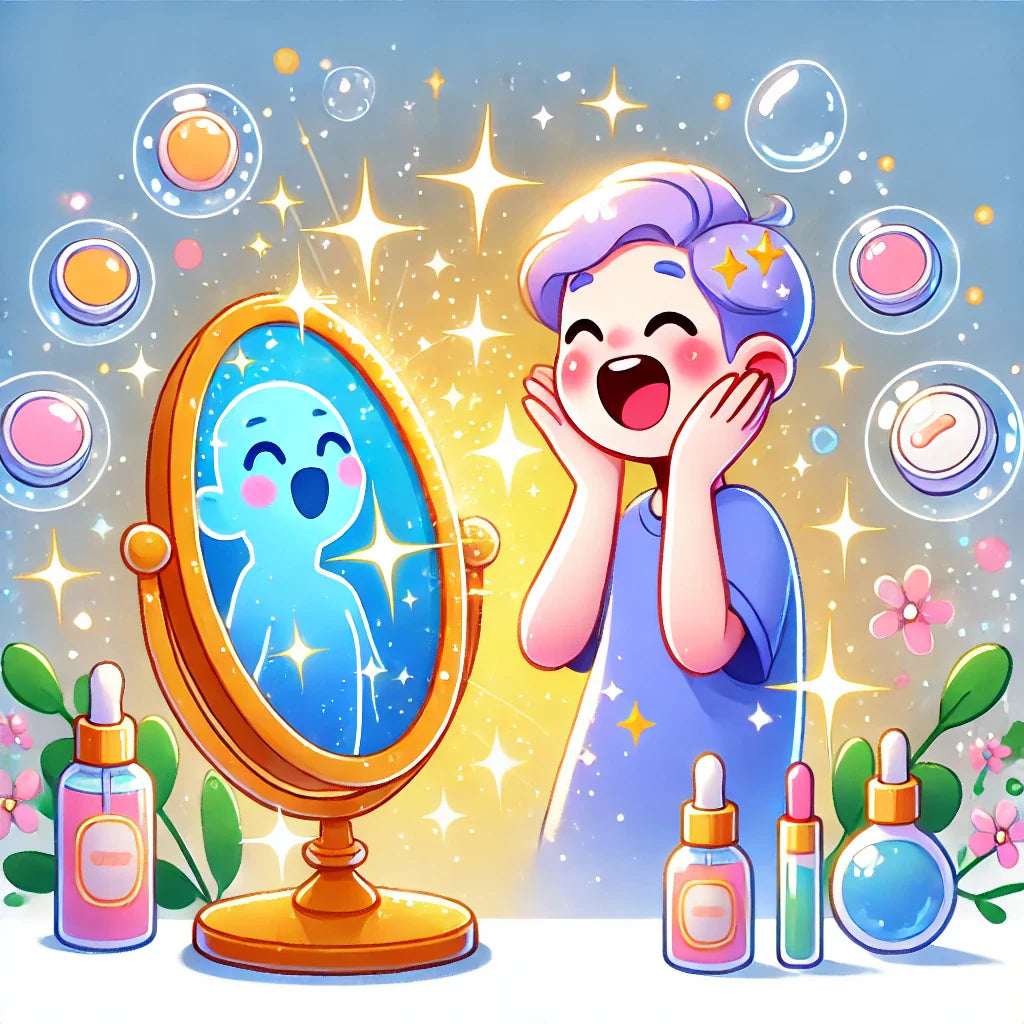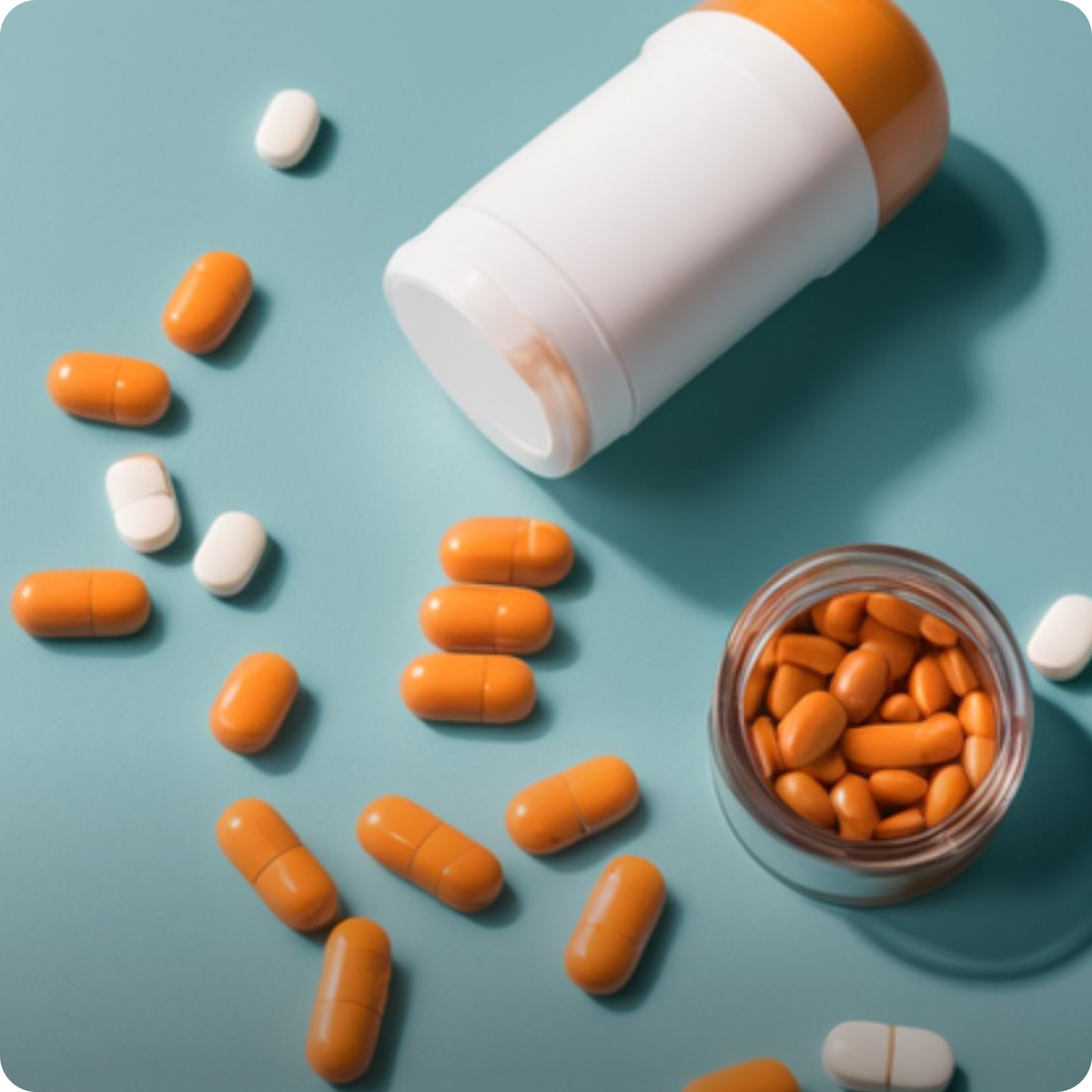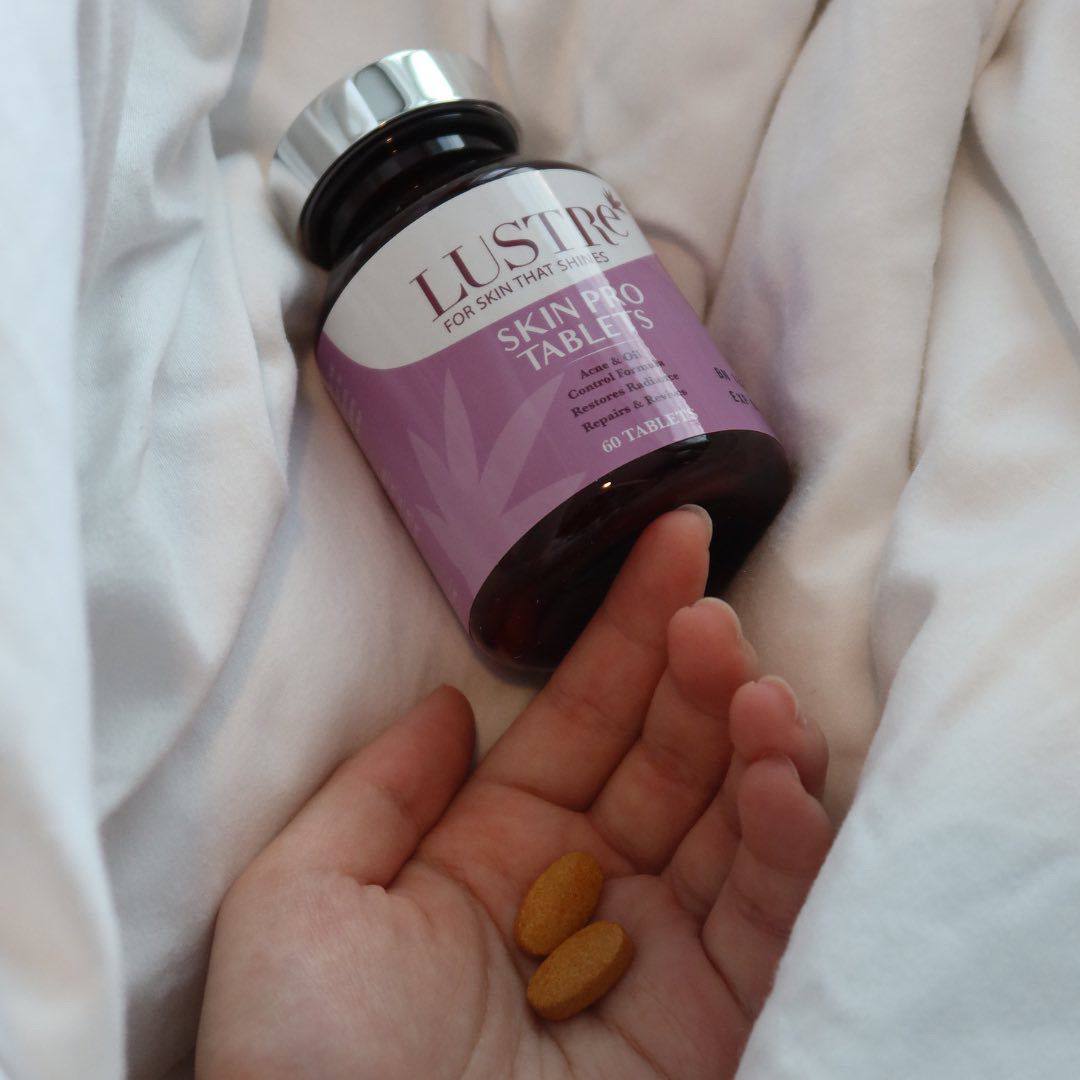Common Skincare Myths You Need to Stop Believing (For the Sake of Your Skin!)

Skincare is one of those topics where everyone seems to have an opinion. Your mom, your best friend, the random auntie you met at a wedding—they all have "tried and tested" skincare advice.
And let’s be honest, some of it is just plain ridiculous. (Looking at you, "toothpaste can cure pimples" myth!)
The problem is, skincare isn’t just about what feels right; it’s about what’s scientifically proven to work.
Myth #1: The More You Wash Your Face, the Clearer It Gets
If washing your face twice a day is good, then scrubbing it every few hours must be even better, right? Wrong. Overwashing can strip your skin of its natural oils, leading to dryness, irritation, and—ironically—more breakouts.
study from the International Journal of Dermatology found that over-cleansing disrupts the skin’s microbiome, making it more prone to acne and irritation. The best practice? Wash your face twice a day (morning and night) with a gentle cleanser.
Myth #2: Oily Skin Doesn’t Need Moisturizer
Ah, the classic "I have oily skin, so I don’t need moisturizer" myth. It sounds logical, but skipping moisturizer can actually make your skin even more oily!
According to dermatologists at the American Academy of Dermatology, when your skin is dry, it compensates by producing more oil. So instead of ditching moisturizer, go for a lightweight, oil-free option to keep your skin balanced.
Myth #3: Natural Ingredients Are Always Better
Coconut oil! Lemon juice! DIY face masks with whatever you find in your fridge! Natural must mean better, right? Not necessarily. Just because something is "natural" doesn’t mean it’s good for your skin.
Dermatologists warn that ingredients like lemon juice (too acidic), baking soda (too alkaline), and coconut oil (pore-clogging) can do more harm than good. Science-backed skincare ingredients like hyaluronic acid, niacinamide, and retinol are far more effective (and safer!).
Myth #4: Sunscreen Is Only for Sunny Days
If you only wear sunscreen when it’s sunny outside, I have some bad news: UV rays don’t care about the weather. Even on cloudy days, up to 80% of UV rays can still reach your skin. And yes, they can cause premature aging and skin damage even when you’re indoors.
The Journal of the American Academy of Dermatology states that daily sunscreen use reduces signs of aging by 24% compared to those who don’t use it. So, SPF isn’t just a beach-day thing—it’s an every single day thing!
Myth #5: You Can Shrink Your Pores
If you’ve ever stood in front of the mirror wondering how to "close" your pores, let’s set the record straight: pores don’t have muscles, so they can’t open or close.
While you can’t shrink them, you can make them look smaller by keeping them clean. Exfoliating with salicylic acid and using niacinamide can help unclog pores and make them appear less noticeable.
Myth #6: Toothpaste Can Get Rid of Pimples
Let’s all take a moment to appreciate how wild this myth is. Yes, toothpaste contains drying agents like baking soda and hydrogen peroxide, but it also has irritating ingredients like menthol and alcohol, which can make your pimple worse.
Dermatologists recommend using benzoyl peroxide or salicylic acid instead. These ingredients actually fight bacteria and inflammation—unlike toothpaste, which just burns your skin (ouch!).
Myth #7: Expensive Skincare Works Better
A $300 face cream must be better than a $30 one, right? Not necessarily! Many high-end brands add fancy packaging and marketing hype, but the actual ingredients might not be any more effective than drugstore options.
A study published in the Journal of Cosmetic Dermatology found that price does not always correlate with effectiveness. Instead of focusing on price, focus on ingredient lists—because your skin doesn’t care about brand names!
Myth #8: Drinking More Water Will Hydrate Your Skin
While drinking water is great for overall health, it doesn’t magically make your skin glow. Hydration in skincare comes from moisture retention, not just drinking more water.
A study in the Clinical, Cosmetic and Investigational Dermatology Journal found that hydrating ingredients like hyaluronic acid and ceramides are far more effective at keeping your skin moisturized than just increasing your water intake.
Myth #9: Acne Only Happens to Teenagers
If only acne stopped the moment you turned 20! Unfortunately, adult acne is very real, and it can be triggered by hormonal changes, stress, diet, and even the wrong skincare products.
Research from the Journal of the American Medical Association (JAMA) Dermatology states that more than 50% of women and 40% of men experience acne well into their 30s and beyond. So no, acne isn’t just a "teen problem"—and yes, it’s treatable at any age!
Final Thoughts: Smarter Skincare = Healthier Skin
Skincare is science, not magic, and not everything you hear on social media (or from your well-meaning relatives) is true.
For healthier, glowing skin, it’s also essential to nourish from within. Supplements like Lustre SkinPro Tablet, which supports skin hydration and elasticity, and Vitastixc, packed with collagen for overall skin health, can complement your skincare routine from the inside out.
Because great skin isn’t just about what you apply—it’s also about what you fuel your body with!
The next time someone tells you to rub lemon juice on your face or ditch moisturizer, hit them with some skincare facts. Your skin will thank you!





